Boston is beginning to cool down, settling into another frigid season along with the harsh winds of this past Nor’easter. The welcomed autumn season begins to reveal itself to residents as we break out our warm coats and sweaters. The leaves change into vibrant shades of yellow and red, and the crisp air dances in our lungs when we inhale.
With this romanticized, stunningly beautiful era that parades through the atmosphere of Boston comes a dark era of agony for some.
For many people, seasonal affective disorder — or SAD — begins during this beautiful season of the year. The short, cool hours of sunlight rob the body of consistent serotonin production, making it imperative to seek help during the initial onset of seasonal affective disorder.
No one should ever struggle through this dark period alone, so here are some things I do to weather the storm of seasonal depression, as an unprofessional that is a pro at experiencing SAD.

The first tip is somewhat obvious: It is crucial to talk to someone about hardships like seasonal depression. Whether it’s a therapist or a friend, articulating your feelings to others can help define what you need. If seasonal depression is affecting you, you can then move forward with a course of action, able to enjoy the beautiful autumn without the shadow of intense sadness at your heels.
The second tip is to exercise consistently. As long as your body is moving, it can produce higher levels of dopamine and serotonin — the chemicals deemed “happy hormones.” Whether it’s a walk or jog by the Charles River, or a lift at Boston University’s Fitness and Recreation Center, your body and your mind will be appreciative of the time spent improving your physical and mental wellbeing.
The next course of action I take when feeling an onset of SAD is to spend more time with friends and loved ones. This allows me to live outside of my head, forcing me to take my mind off of the negative emotions that coincide with depression and spend energy on and with those I love.
Another way to fight seasonal depression is by cleaning up your diet. An excess of refined sugars can be linked with depression, according to Psych Central. Eating large amounts of sugar can also affect mood by causing peaks of glucose to enter the blood, resulting in symptoms like irritability, depression and poor concentration to take flight. An excess of refined sugars also uses up mood-enhancing B vitamins, as well as diverts the supply of chromium, which is a mineral vital to keeping blood sugar levels stable.
Along with limiting the intake of refined sugars, adding factors that contribute to vitamin D production can aid in improving mental wellbeing when seasonal depression seems to control everyday life. According to the Hormone Health Network, vitamin D is a hormone produced after sunlight hits the skin. Adding foods such as oily fish, red meat and egg yolks can also aid in the production of vitamin D when the sun lacks intensity during the dark, icy months.
The final piece of advice I can leave as someone who routinely struggles with seasonal affective disorder is to purchase an artificial sunlight lamp. During these months, where sunlight is scarce, having a constant source of “sunlight” aids in vitamin D production, and reduces the symptoms of seasonal depression.
Taking steps to prevent or treat depression is an important way to take care of yourself even when emotions seem overwhelming. The frigid autumn and winter months do not have to be a time of misery, and by taking care of yourself and seeking help, depression doesn’t have to be a battle fought alone.
If you are a student at Boston University experiencing depression, you can schedule a counseling appointment at Student Health Services or call 617-353-3569.





















































































































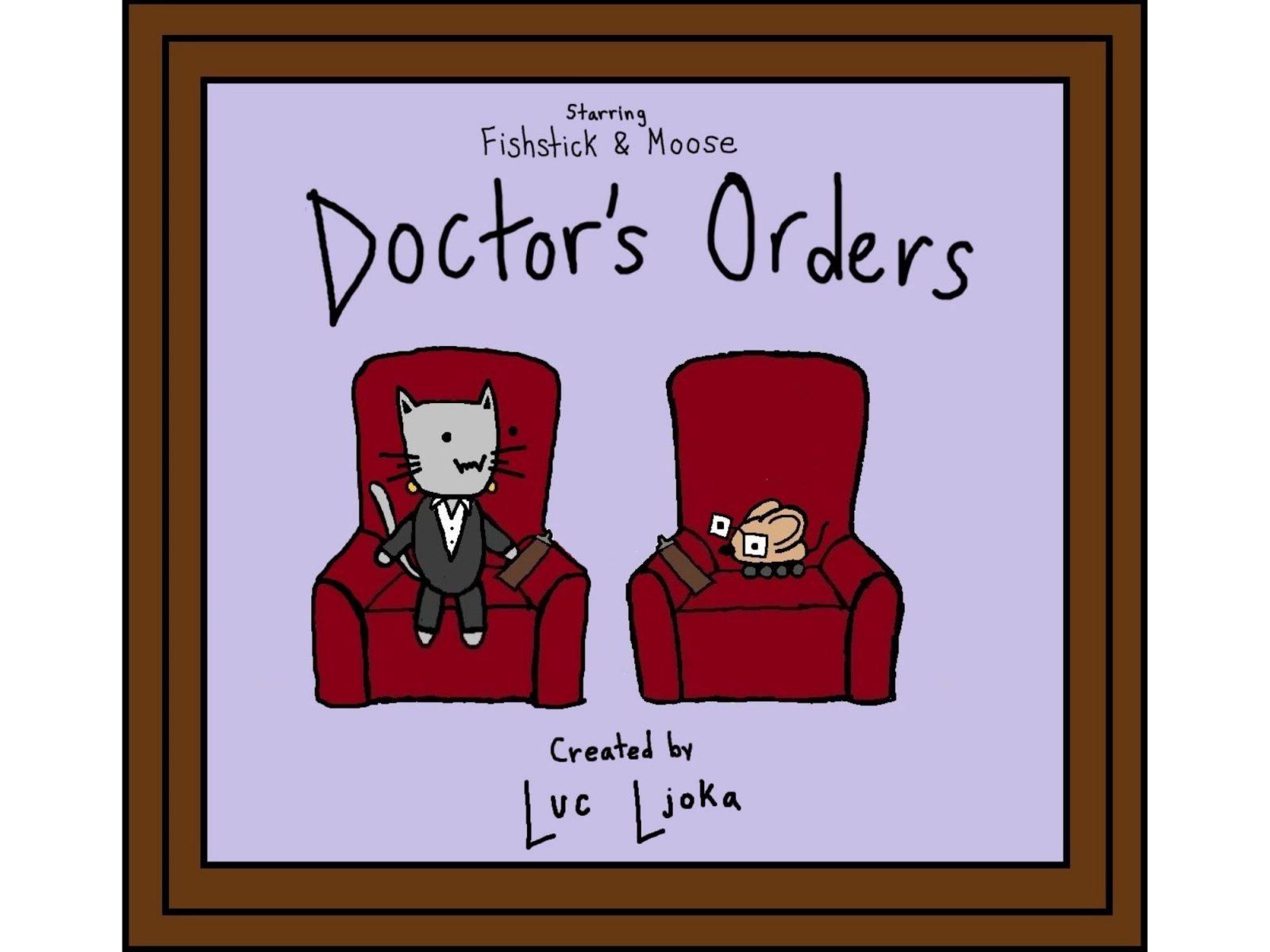


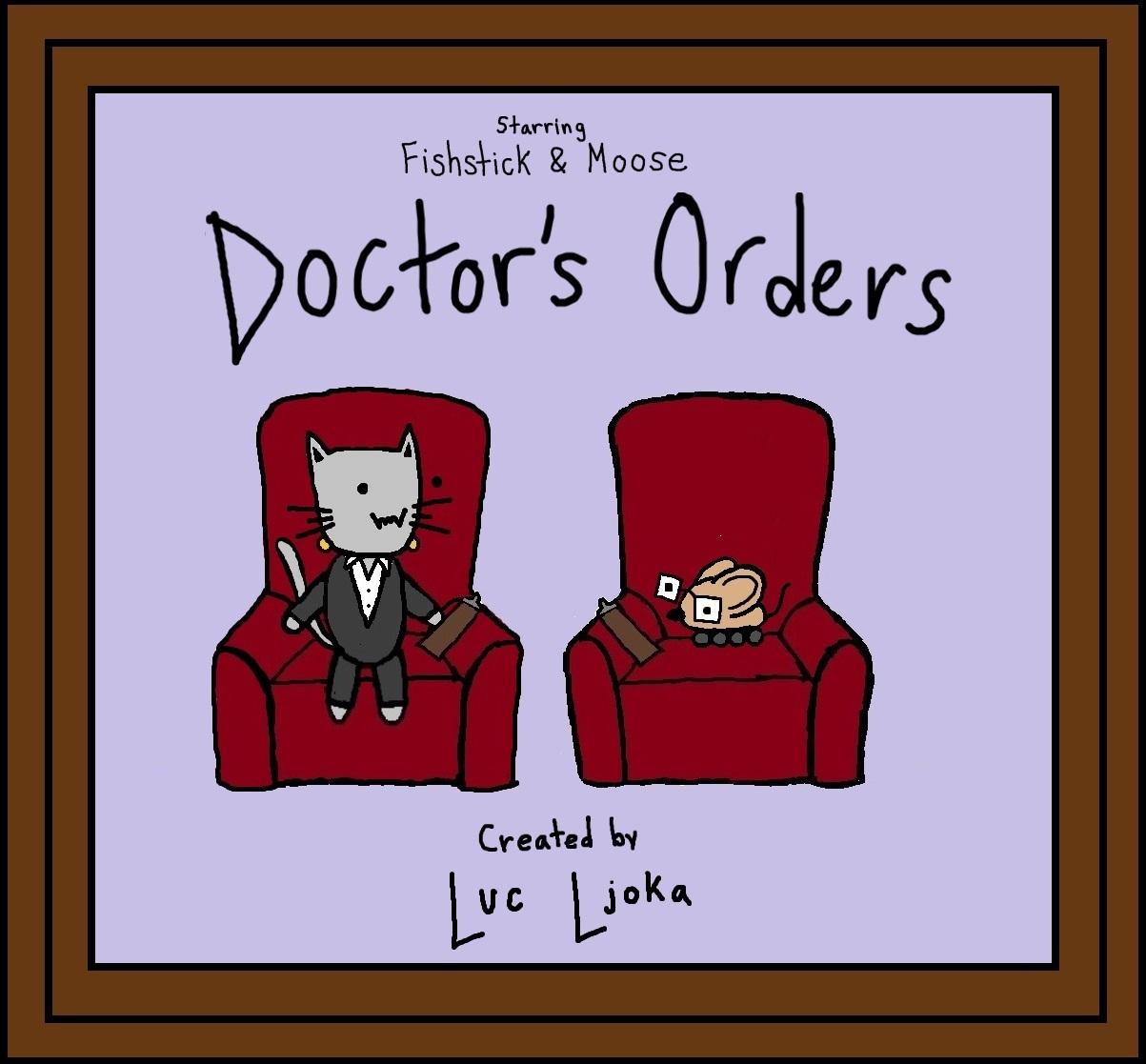

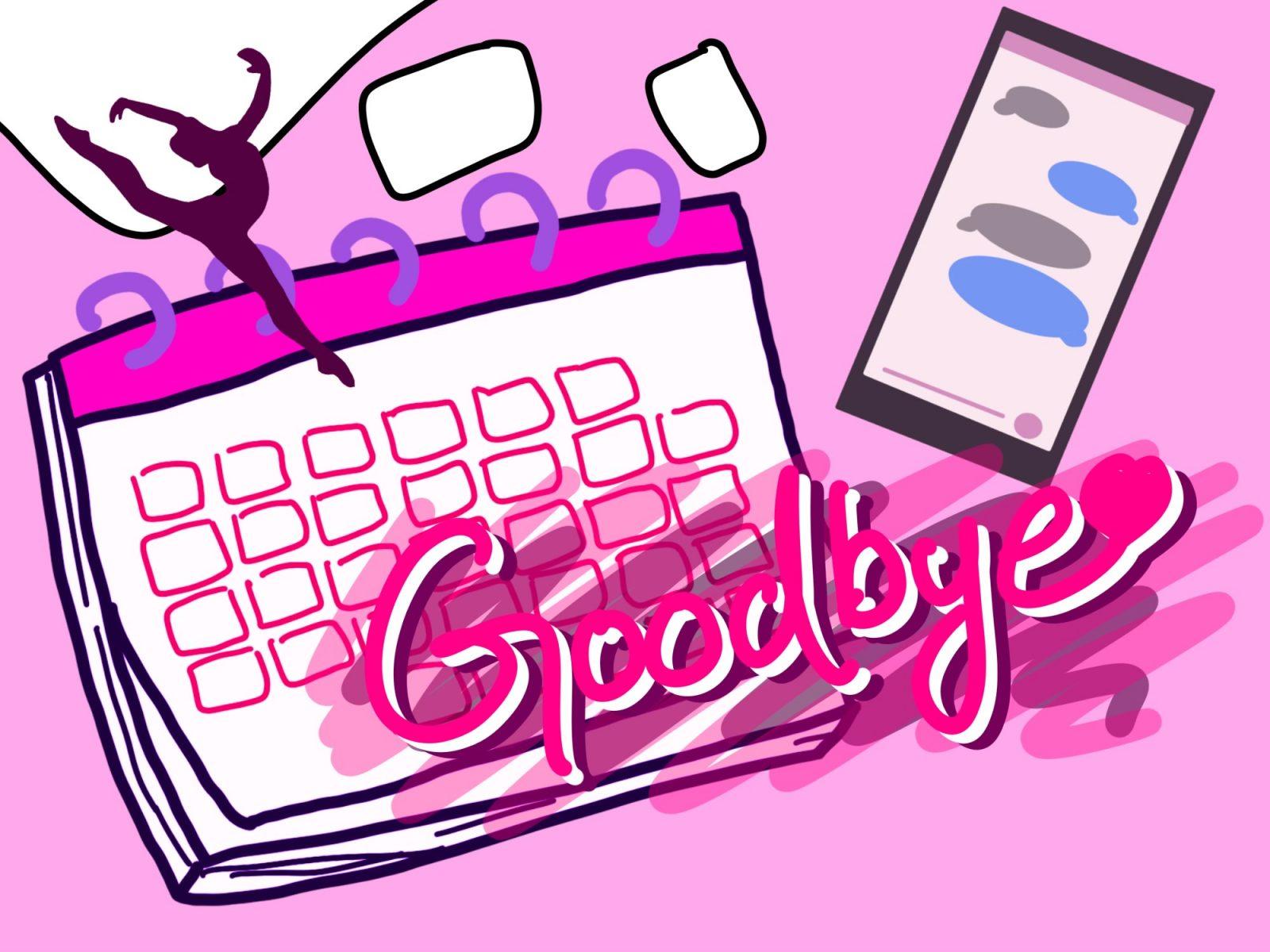
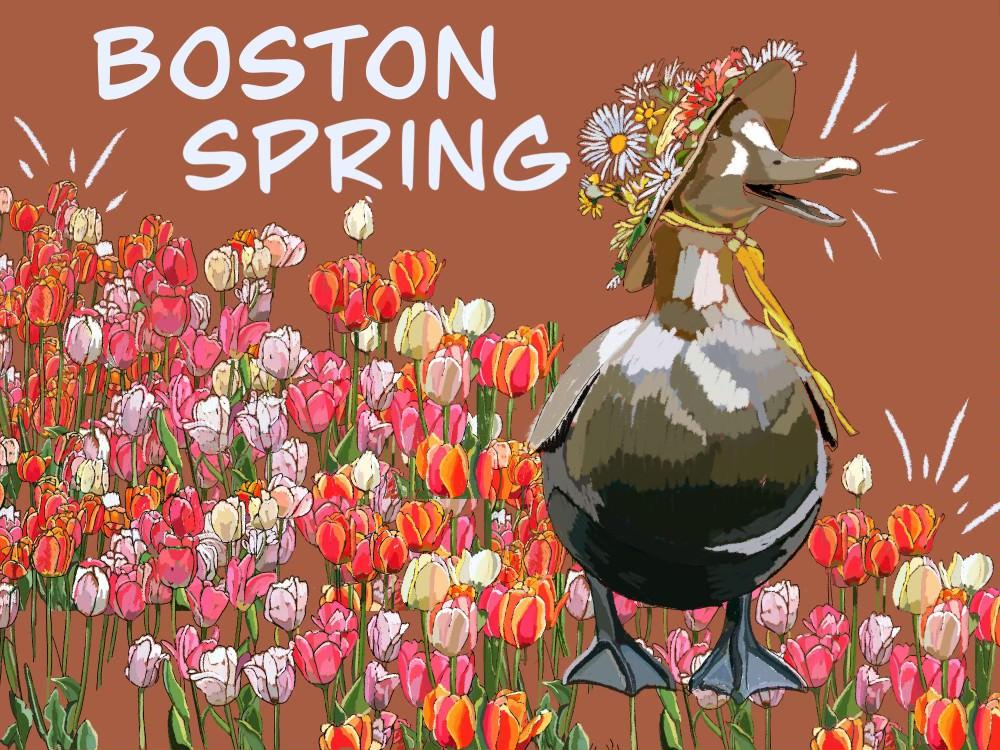

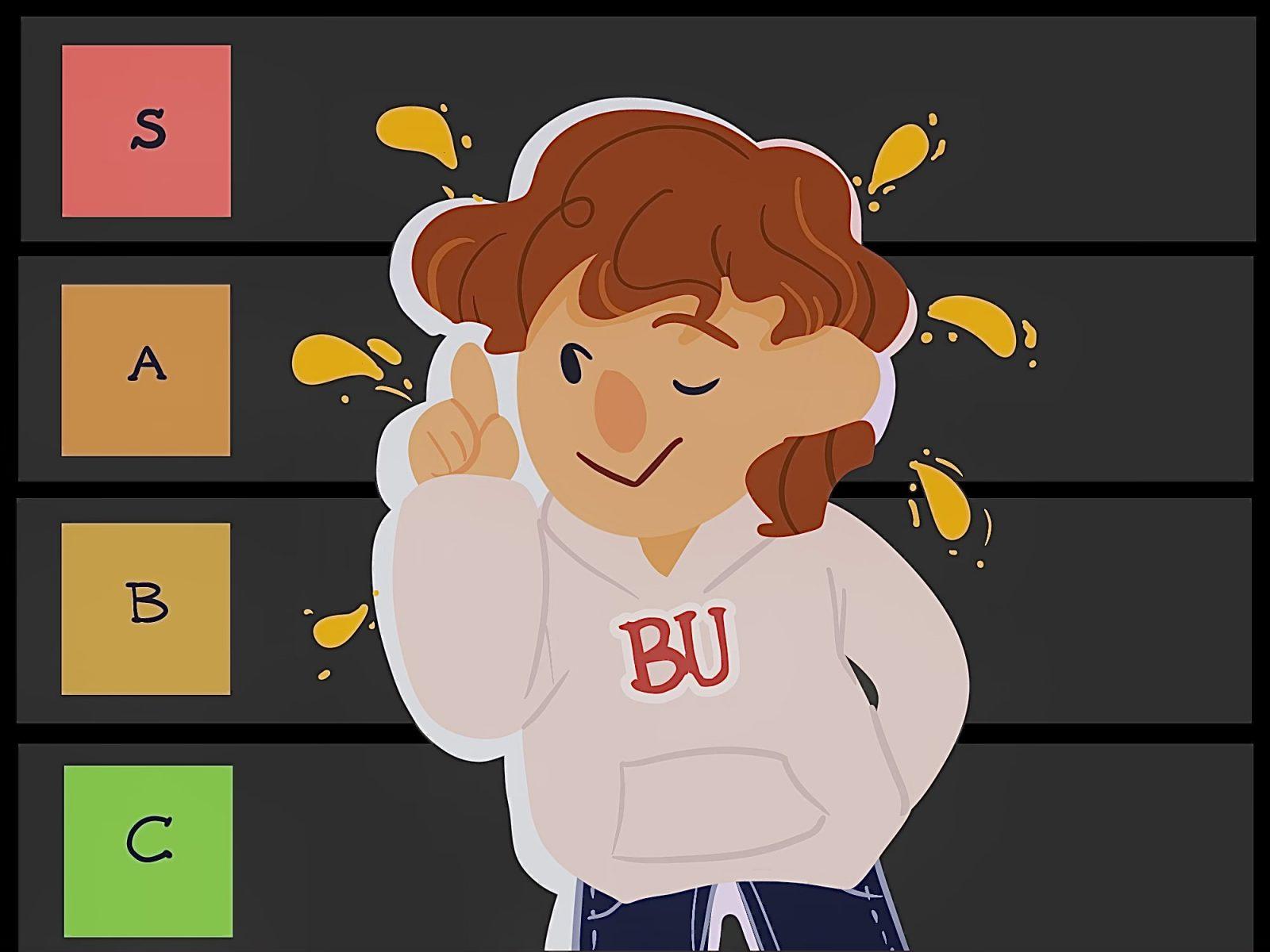
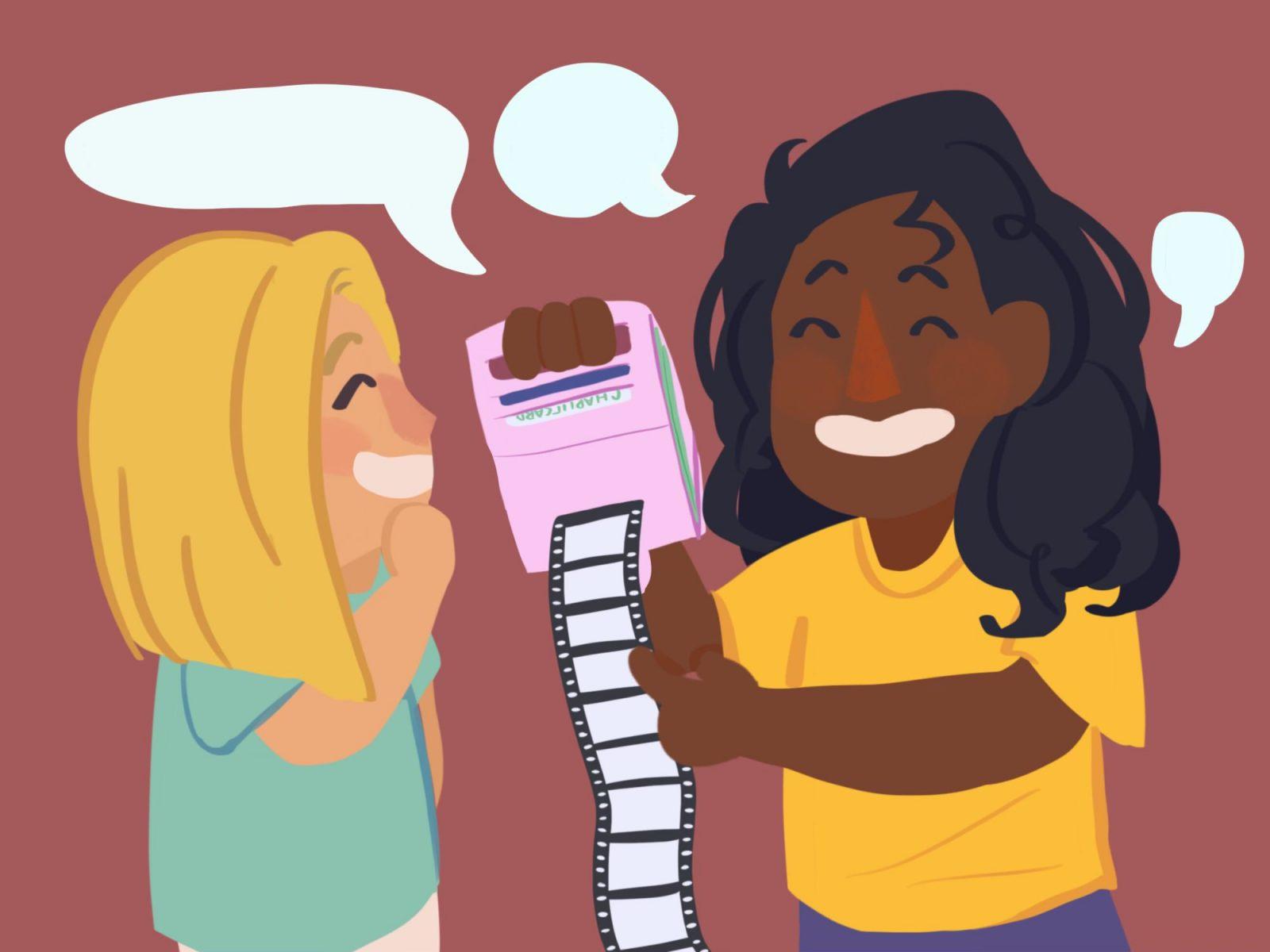

Alice Delawrence • Nov 6, 2021 at 9:11 pm
Walk walk walk best cure for anytime of the year depression. Just keep moving